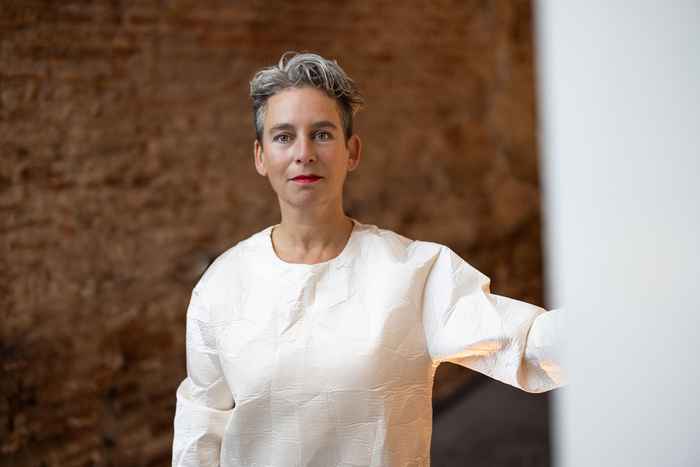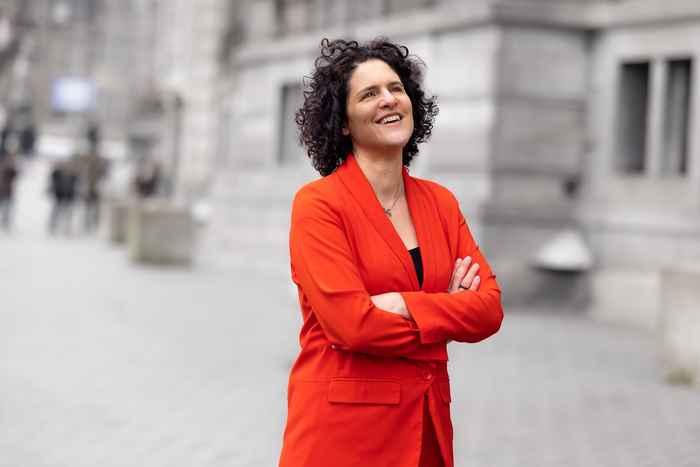Stefania Milan and Hanneke Grootenboer appointed KNAW members
8 May 2025

About Hanneke Grootenboer
Art historian Hanneke Grootenboer approaches painting not primarily as an aesthetic or historical object, but as a mode of thinking. Through a philosophical lens, she reveals how paintings function as reflections on themes such as time, existence, and sensory experience. To her, a still life is a visual meditation: a phenomenology in paint.
Grootenboer’s work is characterised by attention to the seemingly insignificant: shells, embroidery, or miniatures in dollhouses. Her analyses show how these small objects speak to universal, timeless themes such as intimacy and the self. In doing so, she connects centuries-old visual culture with contemporary philosophical questions, contributing to a renewed way of seeing art: where meaning, time and materiality are intertwined.

About Stefania Milan
Stefania Milan is Professor of Critical Data Studies at the Faculty of Humanities, Media Studies. Her research highlights the darker sides of a data and algorithm-driven society. Milan explores how technological developments, such as artificial intelligence, can undermine democratic processes.
She approaches these topics by integrating perspectives from the humanities, social sciences and computer science. With her interdisciplinary method, Milan sheds light on the consequences of AI for vulnerable groups, both in the West and the Global South. Her work is not only conceptual , Milan actively collaborates with stakeholders to contribute to just and sustainable solutions.